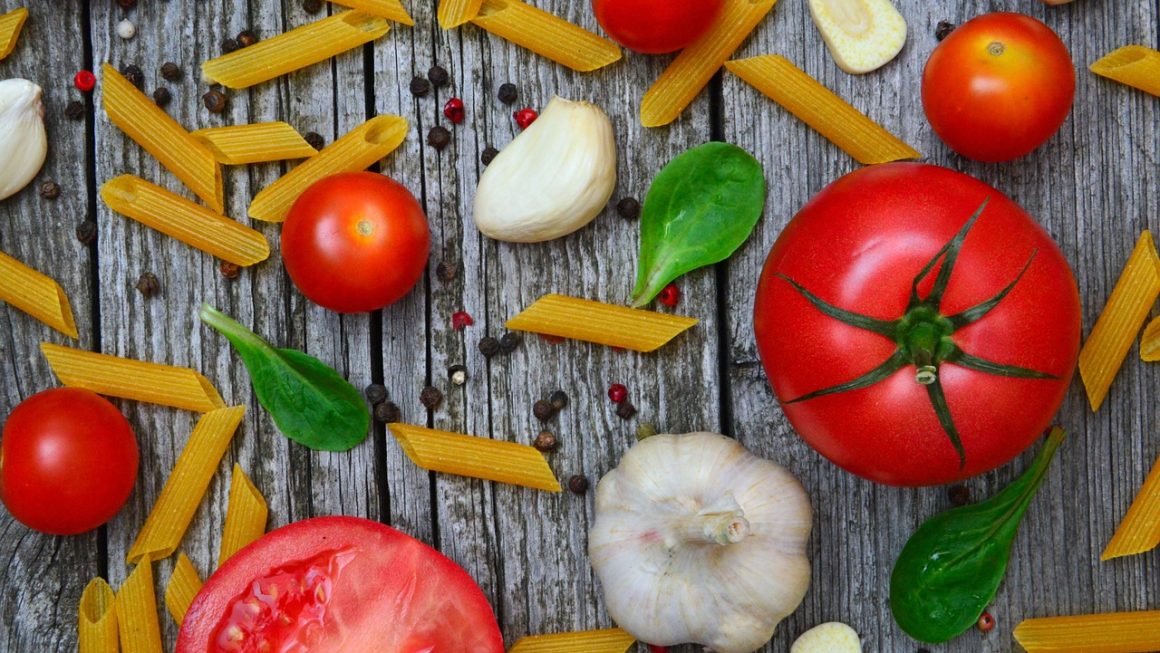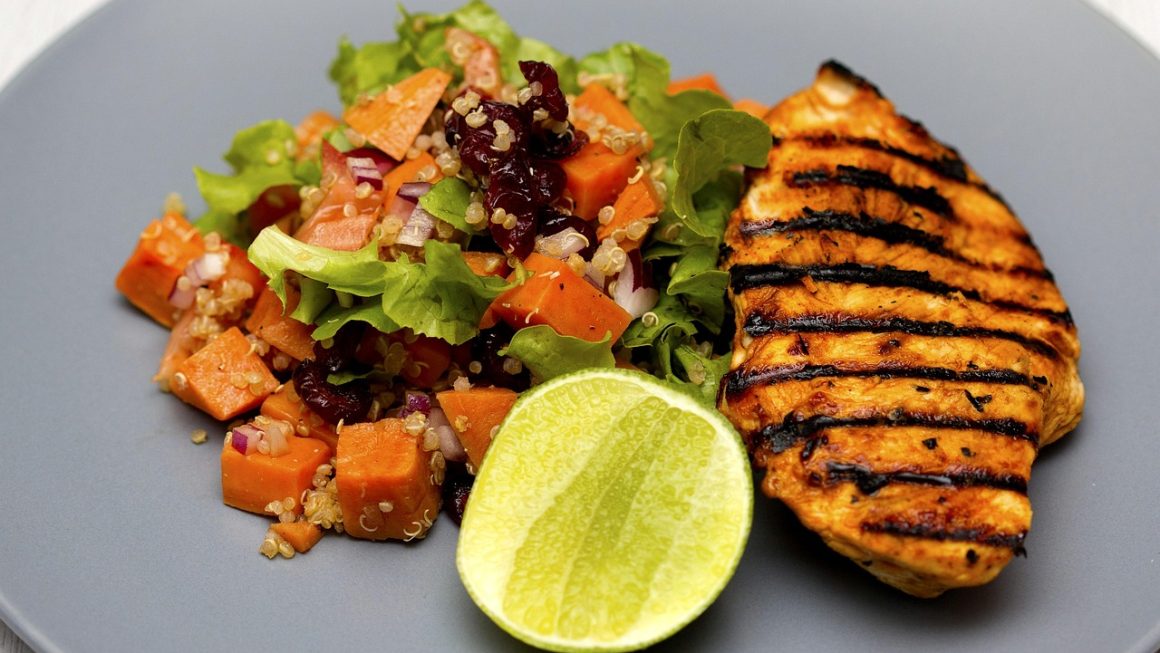You are what you eat, literally!
Your food choices reflect your mood. And no, we are not bragging, but this is actually true. You might think that a certain situation is affecting your mood, but it’s the food choices that put you in a bad mood.
Surprising, right? Well, the food we consume not only impacts our health but also our mood. You can intake food that can act as anti-stress for your mind, or choose to eat mindlessly. The choice is yours!
Food items not only benefit our body but mind. Adding mood boosting food to your diet can decrease stress, anxiety, and brain fog. In fact, according to Harvard School of Public Health, 95% of your body’s serotonin. This chemical helps regulate mood and happiness. It also keeps your digestive function properly.
Curious about which food items can instantly lower the stress level and boost your mood? Let’s break it down.
The Science of Food and Feelings
The Gut-Brain Connection
Your gut and brain are inter linked.
It’s like a private hotline between your stomach and your mind. When your gut microbiome (the trillions of bacteria living in your digestive system) is healthy, it sends “feel-good” signals to your brain, which instantly lightens your mood.
However, this can be reversed if you consume processed foods, sugar, or stress. These elements can instantly lead to anxiety, fatigue, or mood swings.
In short: a happy gut equals a calmer, happier you.
Nutrients That Shape Your Mood
Your brain needs specific nutrients to produce neurotransmitters like serotonin and dopamine. These chemicals regulate mood and offer better relaxation. Without the right “raw materials,” your brain can’t function in the right way.
The Inflammation Factor
Processed foods and refined sugars can cause inflammation. Intaking this type of food can instantly trigger stress and anxiety. It can also cause chronic inflammation, which can lead to a high risk of depression and anxiety. On the flip side, if you include antioxidant-rich food items in your diet, it can reduce the risk of depression by up to 40%.
Breaking Down the Foods That Naturally Boost Your Mood
1. Omega-3 Fatty Acids
Foods like salmon, sardines, flaxseeds, and walnuts.
The healthy fats are important for brain cell function and reducing inflammation. People who eat fish at least twice a week are 17% less likely to develop depression.
2. Complex Carbohydrates
Foods like oats, quinoa, whole grains, and sweet potatoes.
Complex carbs help your brain produce serotonin while keeping blood sugar stable. It means you need steady energy and a balanced mood to avoid indulging in 3 am cravings.
3. Antioxidant-Rich Foods
Foods like blueberries, dark chocolate, green tea, and leafy greens.
These foods help fight oxidative stress. This is a major contributor to fatigue and anxiety. And yes, consuming one dark chocolate square can improve your mood and boost serotonin levels naturally.
4. Magnesium, Zinc, and Vitamin B
Foods like spinach, almonds, eggs, avocado, and pumpkin seeds.
These foods act as natural healers. The low magnesium levels can help with anxiety and sleep problems, while vitamin B supports energy and stress resilience.
5. Probiotics and Fermented Foods
Foods like yogurt, kefir, kimchi, sauerkraut, and miso.
Probiotics and fermented foods can reduce anxiety symptoms by up to 32%. These foods are great for a healthy gut-brain, as they boost your inner communication system for calm and clarity.
The Mood-Busters: Foods That Steal Your Spark
1. Refined Sugars and Processed Foods
Sugar cravings are real. These feels good moments can boost your mood for a few minutes. But when your blood sugar crashes, your mood declines too. Long-term, high sugar intake can increase inflammation and anxiety.
2. Too Much Caffeine
Consuming coffee in moderation is fine, but when it’s over done it can spike cortisol (your stress hormone), causing jitters and trouble sleeping. You can swap your afternoon caffeine with green tea, which contains L-theanine that boosts calmness.
3. Alcohol
While it may seem like a stress reliever, alcohol can actually disturb your sleep cycle. It can also deplete key nutrients needed to balance your mood. Think of it as borrowing happiness from tomorrow, with interest.
4. Skipping Meals
When your blood sugar drops, so does your serotonin. To stay consistent, you need balanced meals to keep your body stabilized. It also helps keep the mood and energy balance throughout the day. Make sure you intake an anti-inflammatiry diet to keep your sugar level balanced.
Eat Happy: Building a Brain-Healthy Diet and Routine
Simple Daily Habits
- Keeping it simple has never been hard. You can boost your mood by decorating your plate with colorful fruits and vegetables. This will not only add different nutrients but also make it pleasant for the eye.
- Protein based meals keep blood sugar steady and stable.
- Hydrate yourself. Make sure you intake enough water to boost concentration and mood.
Quick Diet Plan For “Mood-Boosting”
- Breakfast: Overnight oats with blueberries and chia seeds can be the best and healthiest breakfast.
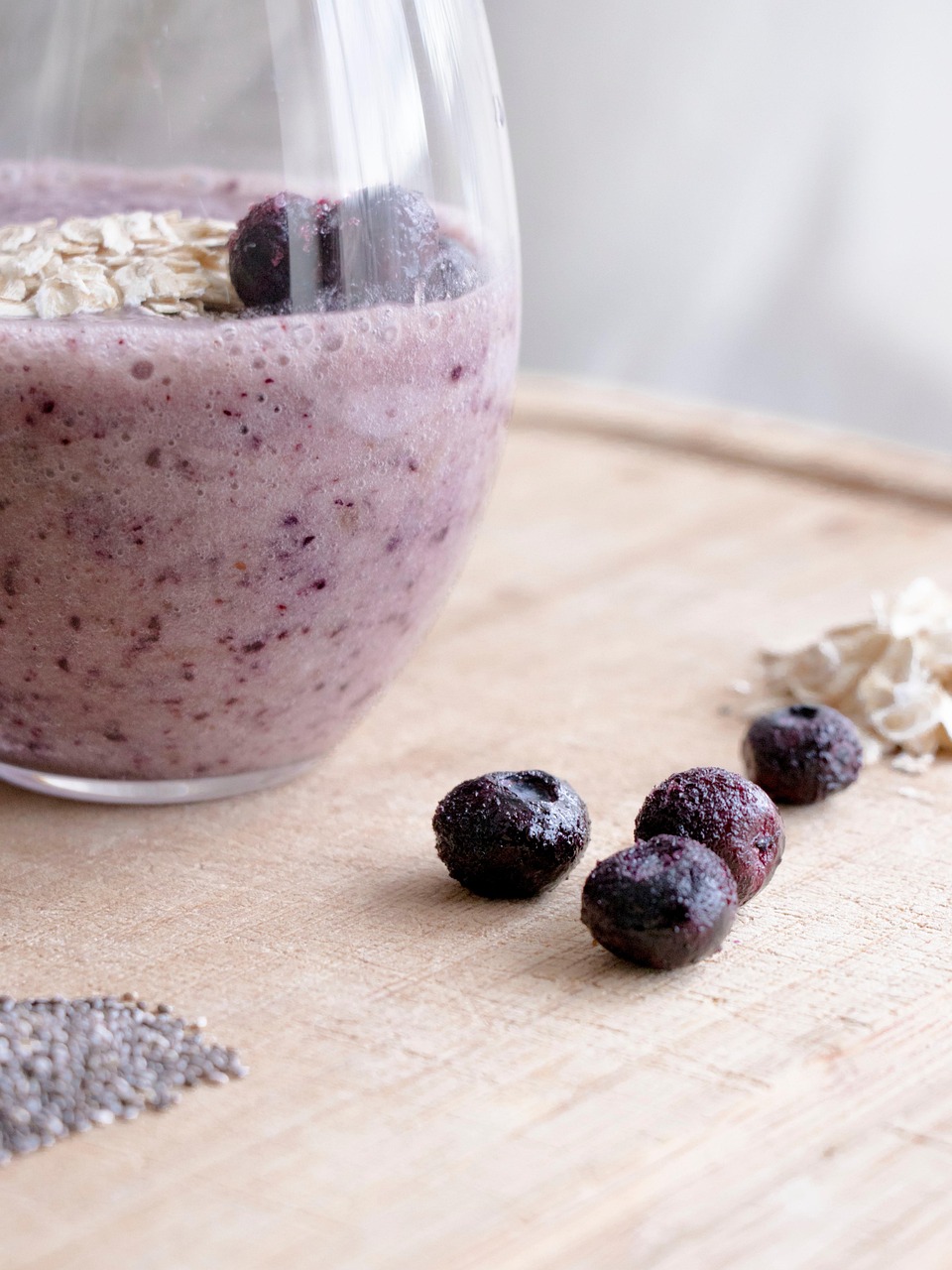
- Lunch: Keeping the lunch light with a protein based diet, which includes grilled salmon with quinoa, spinach, and avocado.
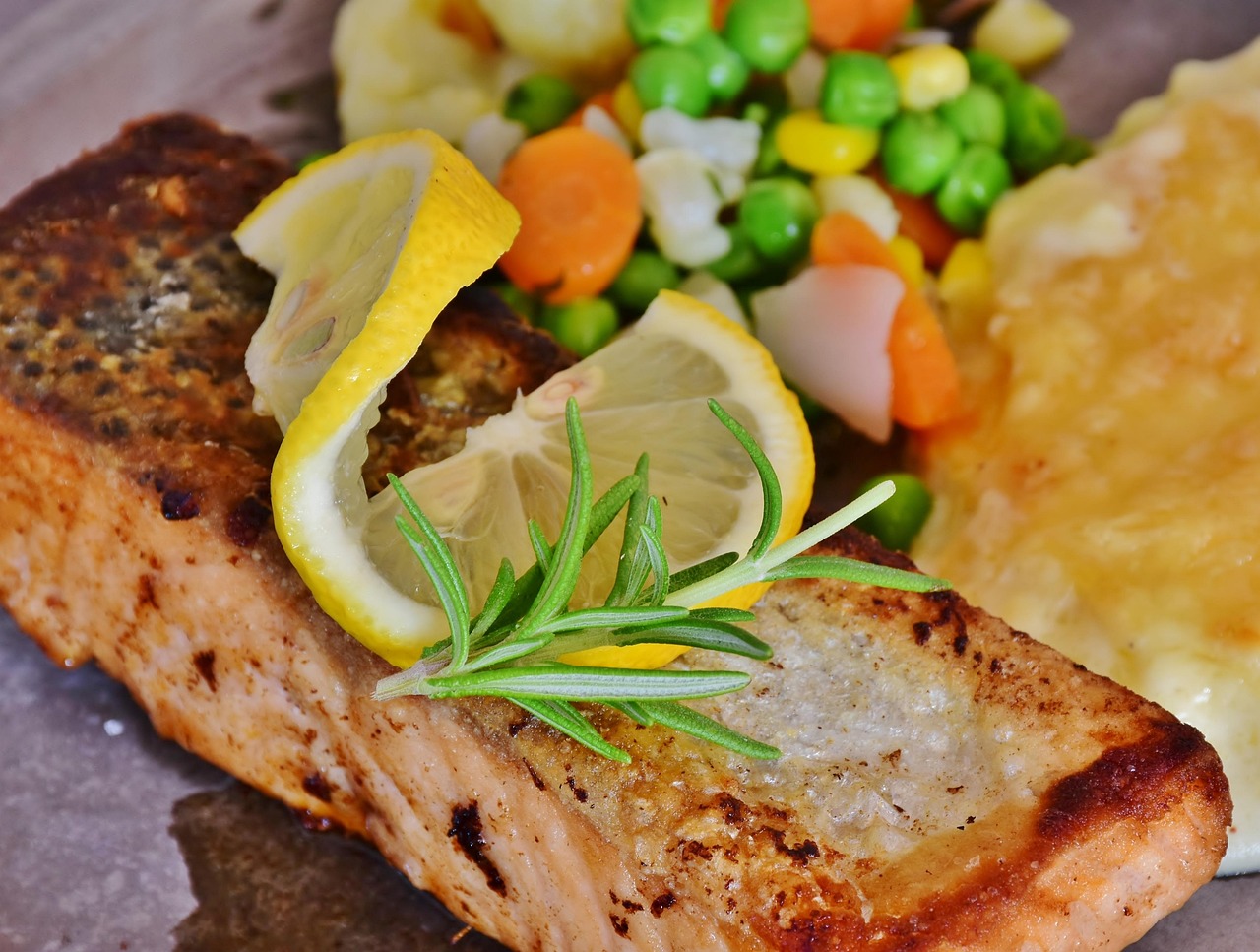
- Snack: Greek yogurt with walnuts.
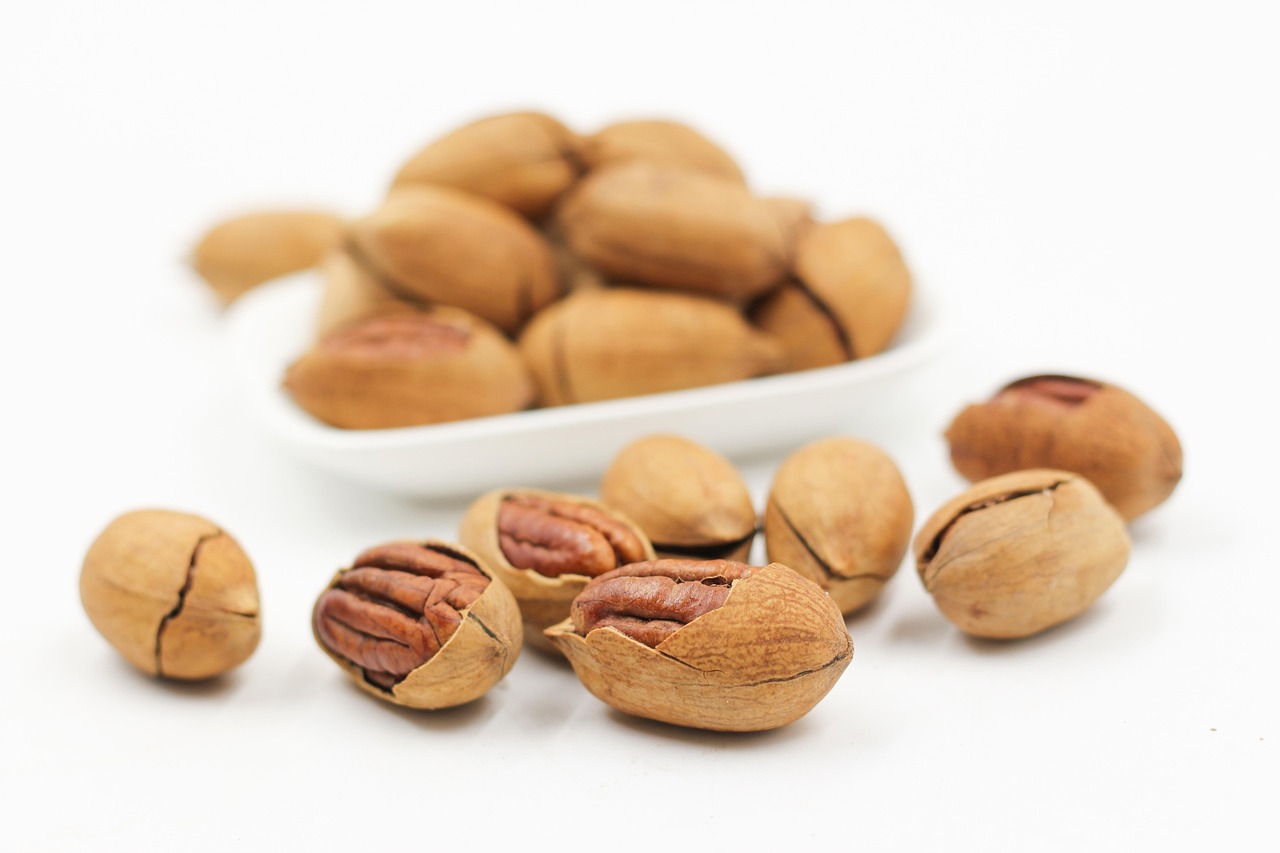
- Dinner: Lentil soup with mixed greens and olive oil.
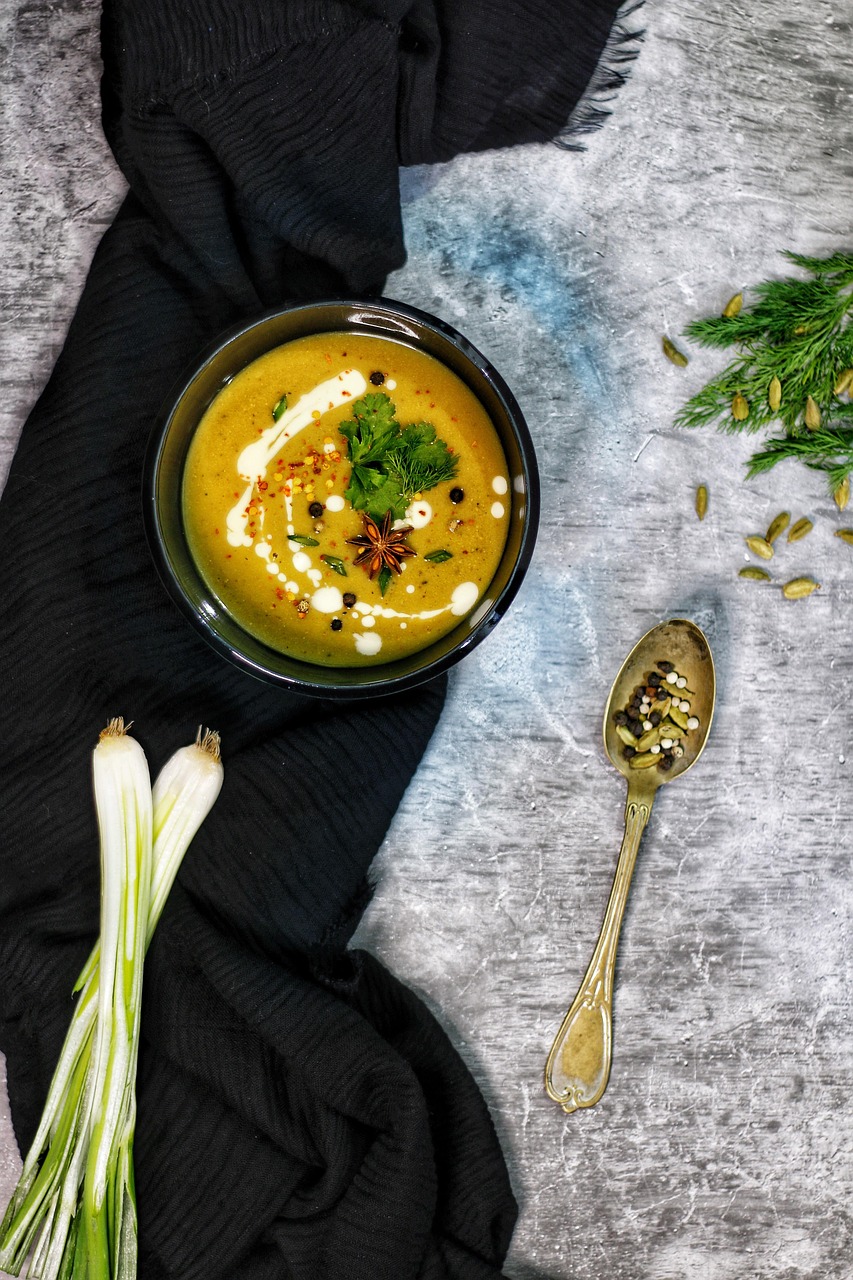
- Dessert: A square (or two) of dark chocolate to satisfy your sweet tooth.
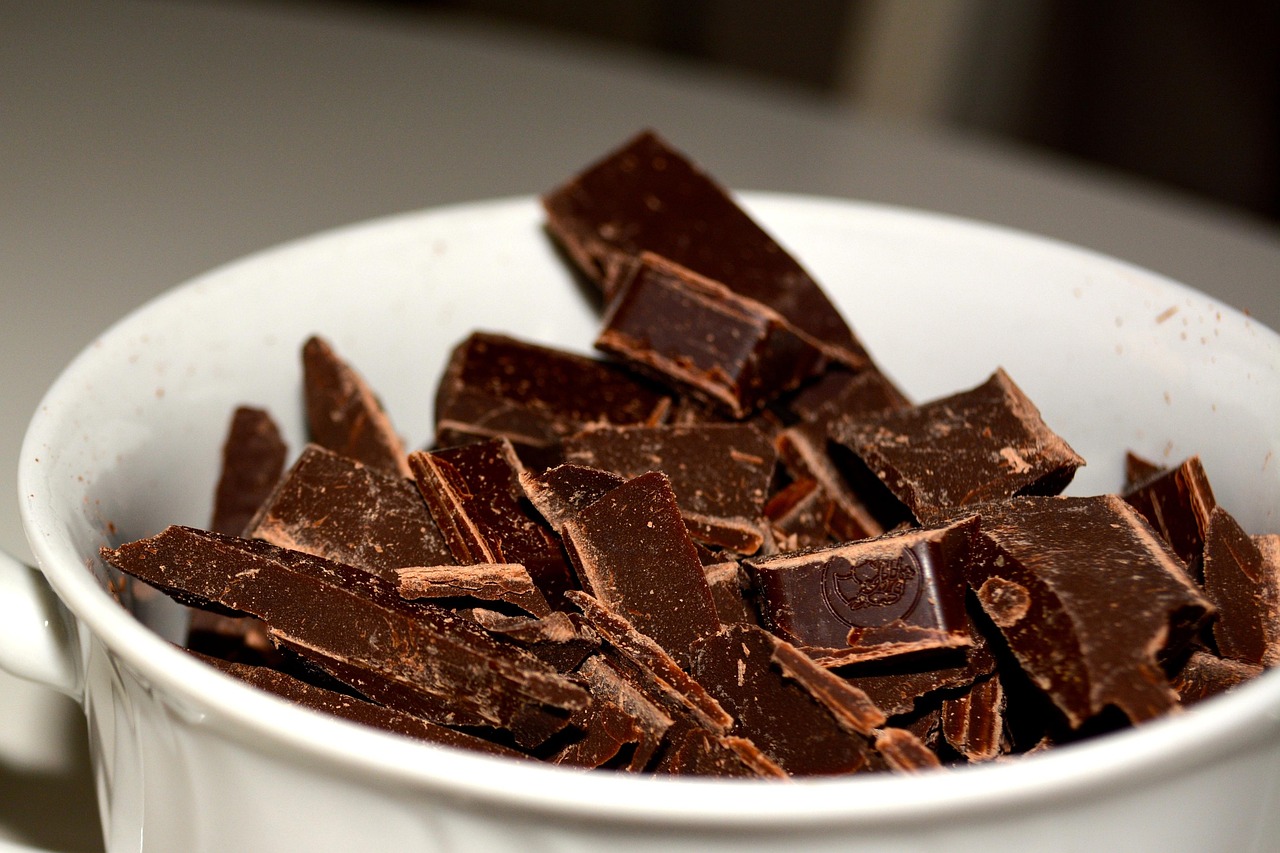
How to Boost Your Mood Beyond Food Items?
Not only does your diet impact your mood, but your routine does too.
Try to incorporate nutrition boosting workout and routine. Start small. Ensure a good 8-9 hours sleep, regular movement, and take mindful breaks to cut off from all the stress you get during work hours.
Also, it’s important to get plenty of sunlight and deep breathing to amplify the effect of a healthy diet.
Final Word
Food isn’t just fuel for your body.It impacts your mood, too.
Every meal you eat sends signals to your mind. It can either calm or stress your system.
By nourishing your gut, balancing your blood sugar, and filling your plate with real, whole foods, you’re not just taking care of your body; you’re feeding your happiness.
So the next time you reach for a snack, remember: you’re not just feeding hunger, you’re fueling your mood, focus, and peace of mind.
The crux? A mood-boosting diet doesn’t have to be complicated. Small, consistent choices, like more greens, more fiber, and fewer processed foods, can make a big difference in how you feel every day.

